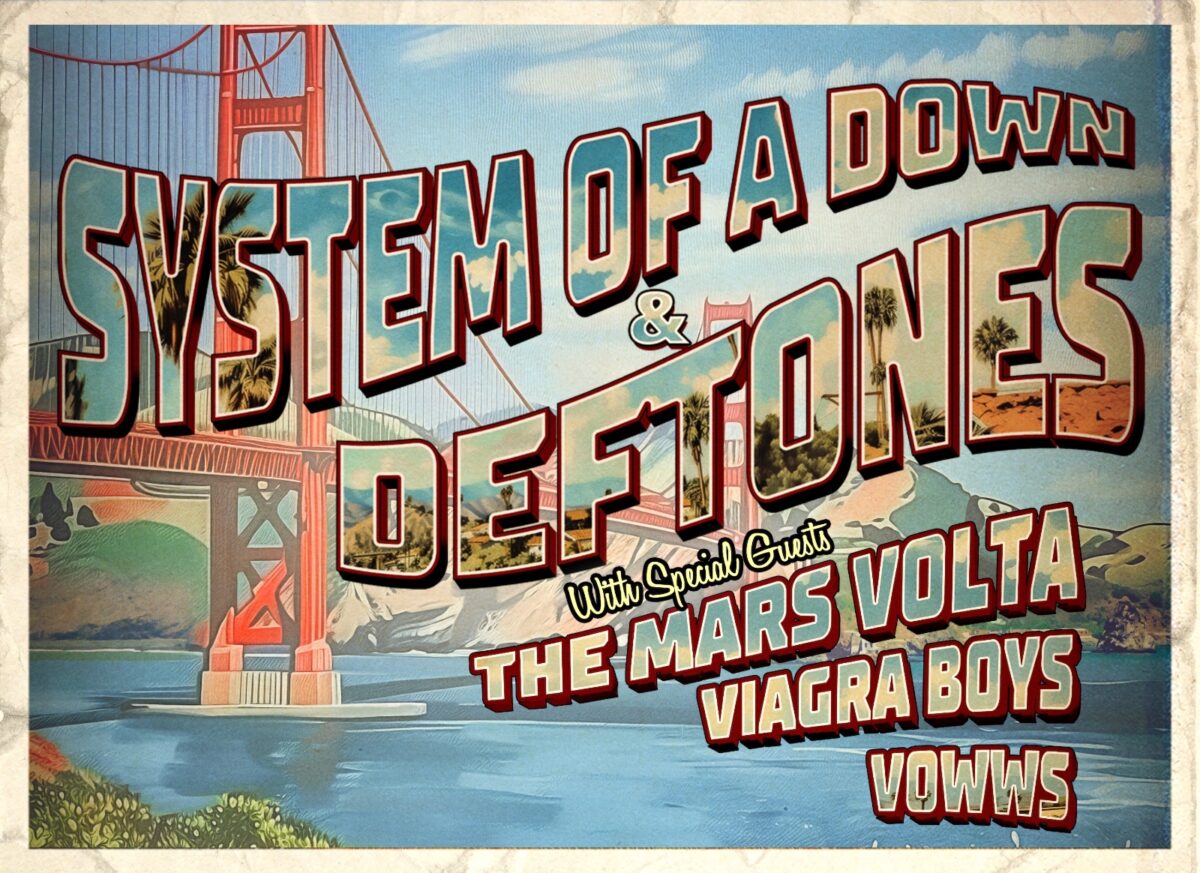Movie Review: Compliance
In 1961, Stanley Milgram, a Harvard-educated psychologist began a series of behavioral experiments to test the limits, if any, of authority.
He, like other social psychologists, was interested in finding the rational explanation for immoral behavior, specifically Nazi Germany and the Holocaust, where the “I was just following orders” mantra became the standard excuse at practically every level of involvement. What was it about human nature of authority that makes compliance with morally questionable or worse, morally reprehensible acts, possible, if not probable? Craig Zobel’s Compliance, a controversial hit at this year’s Sundance Film Festival, takes a disturbing, provocative, thought-provoking approach to answering that question.
Compliance centers primarily on Sandra (Ann Dowd), a middle-aged manager at a fictitious fast-food chain, and Becky (Dreama Walker), one of chain’s employees. When we meet Sandra, she’s being harried and hurried over lost supplies due to an unknown employee’s negligence. With a rush crowd approaching and down one employee, Sandra has to juggle workstations and duties to keep customers relatively happy. Like most aimless, unfocused 19-year-olds, Becky works at the fast-food restaurant out of necessity. For her and most of the other employees, working at a fast-food chain is just temporary and they act (and react) accordingly, with barely veiled contempt for their work or for Sandra who, unsurprisingly given her age and financial circumstances, takes everything, including herself too seriously.
When someone identifying himself as a police officer (Pat Healy) calls and asks for Sandra, she assumes and expects the worst. The officer, Daniels, claims Becky stole money from a customer the same night. Daniels coaxes Sandra into helping him, flattering her one moment, sympathizing with her another, and, at least initially, using his perceived authority as a law enforcement officer to convince Sandra to assist him, first in detaining Becky and later, with the help of another employee, strip-searching her. While one employee weakly objects, Sandra uses her general and specific (firing) authority to keep him (and others) in line. The strip-search is only the beginning of the degrading, debasing, and humiliating treatment Becky suffers over the course of the night, all under the direction of the unseen voice on the other side of the phone.
We’re initially told that Compliance is “based on true events.” Later, after Becky’s humiliations have reached an end and the caller has been outed as a prankster, we’re also informed that more than 70 similar events have occurred in 30 different states. Some, maybe many, moviegoers will probably take comfort in assuming that Zobel took license, dramatic and otherwise, to fit Compliance into a narrative formula template. Better to accept that assumption than to accept Compliance as a disturbingly accurate depiction of human nature. The latter is, in fact, true. While an amalgam of several cases, Compliance is closely based on an eight-year-old case that occurred in Kentucky (understandably lawsuits followed).
Compliance, however, works far more deeply than the typical true-crime story. It works as a methodical deconstruction of authority and obedience to authority. The caller works through escalation, asking first Sandra and later her boyfriend, Van (Bill Camp), to take small, only slightly objectionable steps. Once they agree, however, refusing the caller’s next request becomes that much harder. On another, related level, Sandra becomes (or feels) empowered by participating in the caller’s deception (however unwillingly). The caller seems to give Sandra her power without responsibility. Only Becky’s friend, Kevin (Philip Ettinger), objects, but as both the caller and Sandra note, he lacks the proper respect for authority. Kevin’s distrust or mistrust, however, doesn’t translate into action, only in-action. Becky’s weak objections and later apparent acquiescence in her humiliation may seem unnatural, but there too they conform to reality. A psychologist would call it “learned helplessness.”
Learned helplessness is something some (many?) moviegoers will refuse to accept, both on screen and personally. Stories of festival walkouts are often exaggerated to market a particular film as edgy and demanding, but in the case of Compliance, they’re well documented by various sources, including first-hand experience. Compliance challenges and provokes, asking each moviegoer how they’d act or react in similar circumstances. Real-world experience repeatedly challenges our self-image, of who we think we are and how we think we’ll behave in challenging situations. We’d like to believe we’d do the right thing, the moral thing, but history tells us otherwise; history tells us people who saw themselves as moral and good committed or otherwise condoned immoral acts.
Showtimes and Tickets








